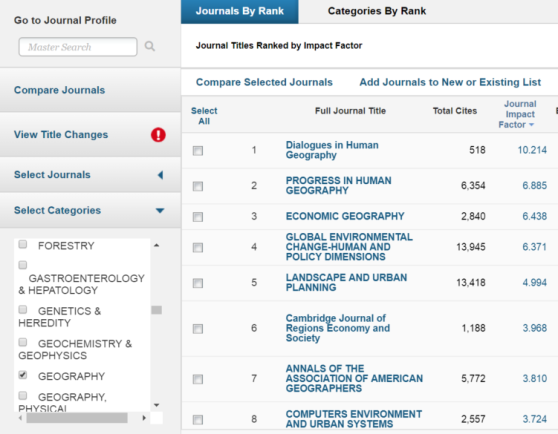
We have blogged before about predatory publishers but a training session today suggested some tips people might find useful:
- Some journals lie about an impact factor. If you are in doubt about a journal go to http://wok.mimas.ac.uk then click the purple login button. You will find Journal Citation Reports right at the top of the screen and can check any claims.
- Be suspicious of any journal which claims to publish very quickly with peer review – this usually takes time.
- Where you can, check out journal editors. In a good journal they should be someone with a track record in the field.
- Suncat is a union catalogue showing the journal holdings of many UK academic libraries. If a journal is not held by any library, or perhaps only one, it may be suspect. However, you do need to bear in mind that there may be genuine new journals which don’t appear yet.
- DOAJ, the Directory of Open Access Journals, carries out some quality checks on the journals it lists.
It is also worth being aware that some conferences are run purely to make money without giving any value. Think Check Attend gives some things to think about if you are considering a new conference.







